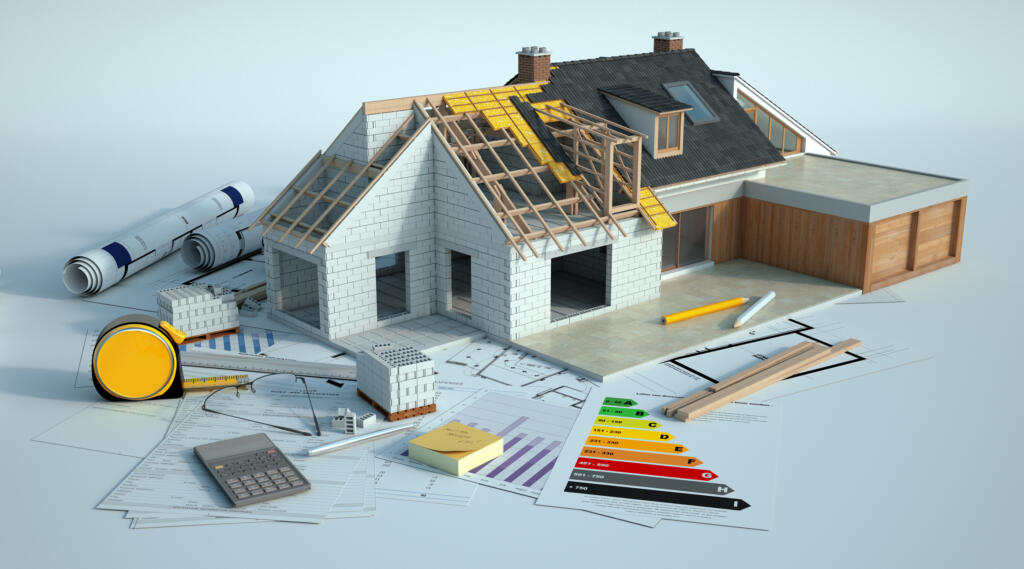
If you are the owner or leaseholder of a property which has defects rendering it uninhabitable, you may be able to claim under the Defective Premises Act.
The Defective Premises Act 1972 (DPA) introduces a statutory obligation on builders and consultants to ensure that new homes (including flats) are built correctly, and that work done on existing dwellings (i.e. refurbishment work) is completed in a workmanlike or professional manner, with proper materials, so that the dwelling is fit for human habitation.
Who can make a claim?
Previously, the DPA only offered protection to those who acquired an interest in a new home, applying equally to first owners, as well as subsequent purchasers and leaseholders.
From 28 June 2022, the Building Safety Act 2022 extended rights under the DPA to people who have had defective work completed on an existing dwelling which renders the property uninhabitable.
Prior to 28 June 2022, the limitation period for claims under the DPA was six years from completion. However, as a result of changes introduced by the Building Safety Act 2022, the limitation period for claims which accrued before 28 June 2022, and related to the provision of a new dwelling, was extended to 30 years. This opened up the opportunity for claims to be made which would otherwise have been time barred. If the right to make a claim in relation to the provision of a new dwelling accrued on or after 28 June 2022, the limitation period is 15 years.
The limitation period for defective works completed on an existing dwelling is 15 years.
What does the Defective Premises Act require?
The DPA requires that work related to the construction of a dwelling, or work on an existing dwelling, is carried out in a workmanlike or professional manner, with proper materials, and to see that the dwelling is fit for habitation.
The fitness for habitation test is fairly wide-reaching. A dwelling which has been constructed with combustible materials (such as ACM cladding) is highly likely to give rise to a DPA liability.
You can read more about what constitutes “fitness for habitation” here.
Who does the DPA apply to?
In respect of the provision of a new dwelling, the duty to carry out the work properly relates to any person taking on work for or in connection with the provision of a dwelling. This means that it applies to builders and property developers, but also applies to architects, structural engineers and other professional consultants.
In respect of work completed on an existing dwelling, the duty to carry out the work properly only extends to those who have taken on the work in the course of a business. Work an individual does on their own, or someone else’s, home is excluded.
The DPA is a useful piece of legislation for a wide category of homeowners, including leaseholders and those who have an equitable interest in a property. It also provides a lifeline to those who discover a defect after the contractual limitation period has expired.
If you think you may have a claim or would like to discuss defects in a property, please get in touch with our team who would be happy to assist you.
